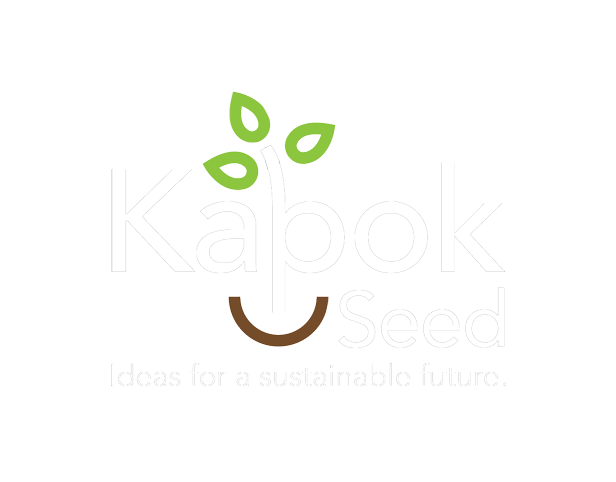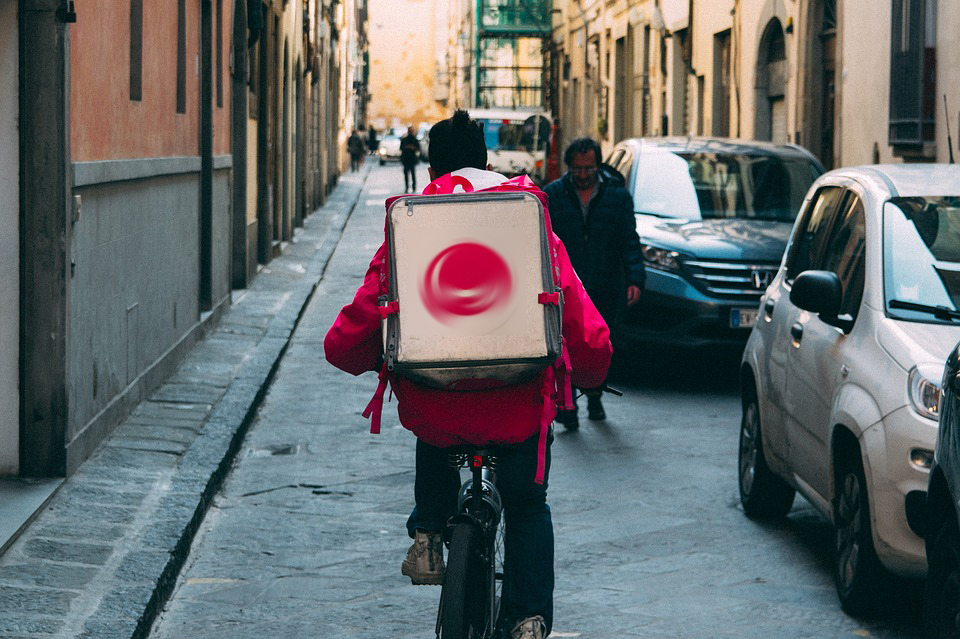What is the currently one of the fastest growing segment of the ecommerce business? Believe it or not, it is the food delivery business. Ten years ago, organized food delivery was commonly associated with the “dabbawalas” of Mumbai, whose organized network carried home-cooked meals to office-goers. Today, they face new competition in the form of two-wheeler and smartphone wielding youngsters who are part of the growing trend of food delivery through complex algorithms and user-friendly apps. There is a very obvious difference, however. While the “dabbawalas” deliver home-cooked meals in metal tins, food delivery apps largely use plastic containers.
In China, this has translated into huge amounts of plastic in their waste stream. As reported by the Times of India on May 30, 2019, China is now having to address the large number of plastic containers that are the by-product of food delivery apps. Scientists estimate that the takeout business in China was responsible for nearly 2 million tons of packaging waste in 2018. This is up from the estimate of 1.6 million in 2017, attributed primarily to food delivery apps being so inexpensive. While 25% of plastic is recycled in China, takeout boxes are not recycled due to improper disposal procedures.
While there doesn’t seem to be India-specific data on the amount of packaging waste resulting from food delivery apps, Redseer, a management consulting firm, estimates that almost 40 million online food orders were made in India in October 2018 – more than double the figure from the previous year. While currently, the user penetration is only 12.9% in India as compared to 36% in China, with a nearly 500% growth in the number of monthly orders over the past year and a half, it is time to address the problem sooner than later.
Food delivery is here to stay, and as smartphones become more widespread, food delivery apps are only going to become more popular. India needs to learn from China’s situation. It is important for food delivery apps in India such as Zomato and Swiggy to start incorporating sustainable packaging in their business. And there are options. In March 2019, we published a news article regarding a green food wrapper being manufactured by Cygnet Industries using natural wood. Known as kesophane, this is being targeted to replace foils and plastic used for packaging. In addition to this, there are other innovations, such as straws made from paper, bamboo and coconut leaves, compostable cutlery and edible plates. All it requires is a little bit of diligence and a will to reduce the environmental footprint of the business.

